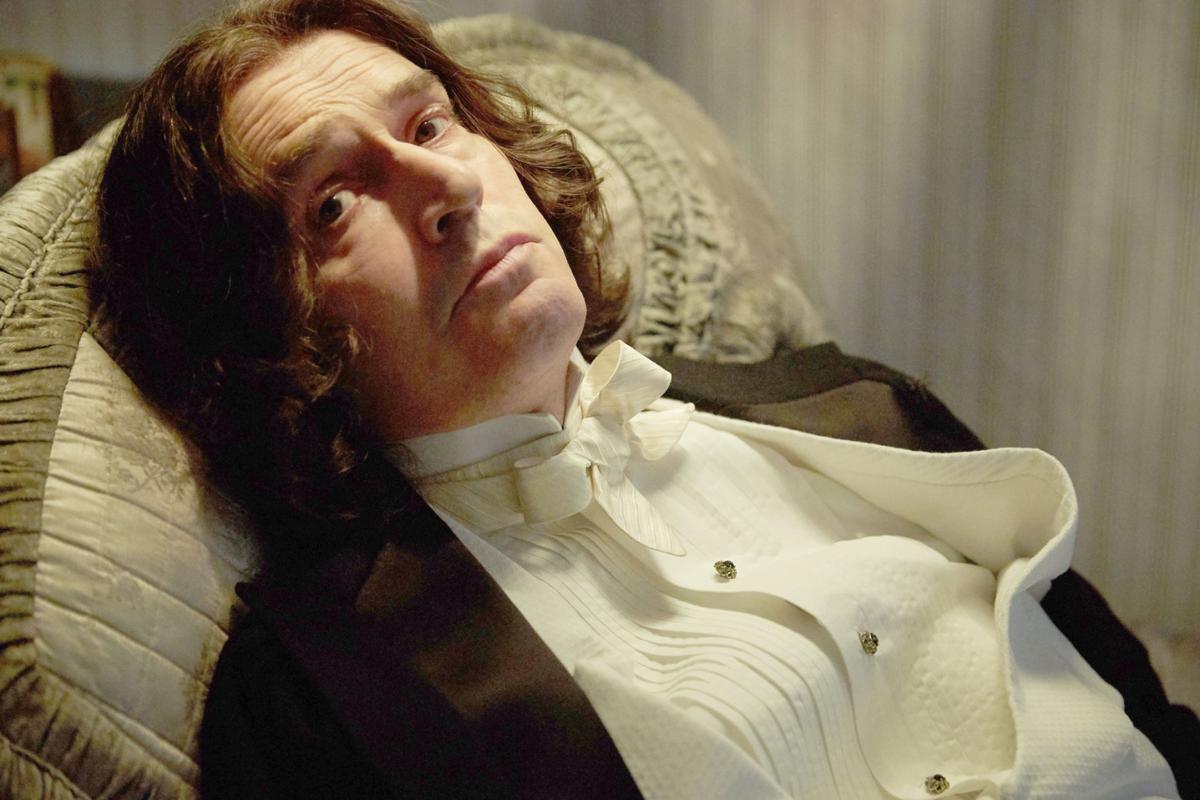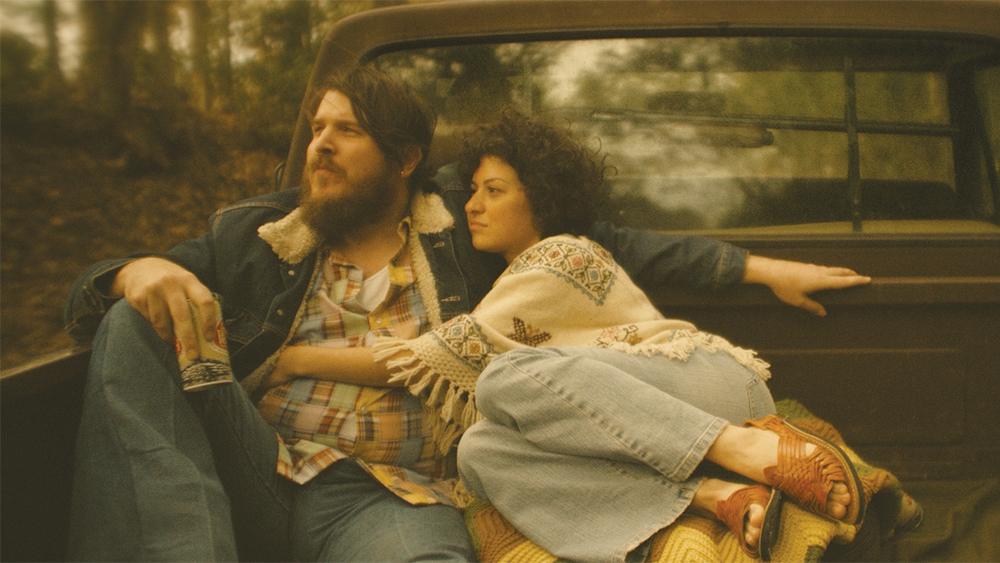On the Basis of Sex
by George Wolf
In his wallet, my friend Jake keeps a picture of an attractive young woman he’s never met, just so he can use it for a bar trick.
It’s a picture clearly taken decades ago, and after a few cold ones, Jake will put the snapshot in someone’s face and challenge them.
“Who is this?!”
Most times they don’t know.
“RUTH BADER GINSBURG!”
That’s just one example of the rock star status RBG has achieved since joining the Supreme Court in 1993. A progressive champion at age 85, her every sniffle draws attention while more serious issues (like the recent surgery that caused her to miss SCOTUS opening arguments for the first time) elicit regular Google searches on her health.
But behind the pop culture status and “Notorious RBG memes” lies a truly heroic life. Already profiled last year in the Oscar-contending documentary RBG, On the Basis of Sex adapts her story for a big screen feature unable to contain its pure fandom.
Biopics on such legendary figures are usually wise to keep the focus tight rather than tackle the entire life story, and OTBOS works best when it digs deep into the first gender discrimination case Ginsburg (Felicity Jones) argued in court: Moritz v. Commissioner of Internal Revenue in 1971.
She presented the case alongside husband Marty (Armie Hammer), giving the film an organic mix of the personal and professional that first-time screenwriter Daniel Stiepelman (who is also RBG’s nephew) uses as his opening to also salute the sweetness of the Ginsburg love story.
It’s an understandable approach by an understandably biased party, but one that leads the film toward a path of hagiography and intermittent schmaltz that director Mimi Leder (Deep Impact, Pay It Forward) is seldom interested in resisting.
Jones carries the film with a terrific lead performance, Hammer delivers his usual fine support, and there’s no question Ginsburg is worthy of a big screen tribute, but this one can’t free itself from the admiring glow RBG basks in today. The sexism she faced is addressed, of course, but in ways that never feel more threatening than annoying flies this Superwoman will easily swat away.
Though its finale scores big, with Jones delivering a stirring closing argument before a cheer-worthy walk up courthouse steps, On the Basis of Sex rests as a film always competent and sincere, but seldom revealing.









